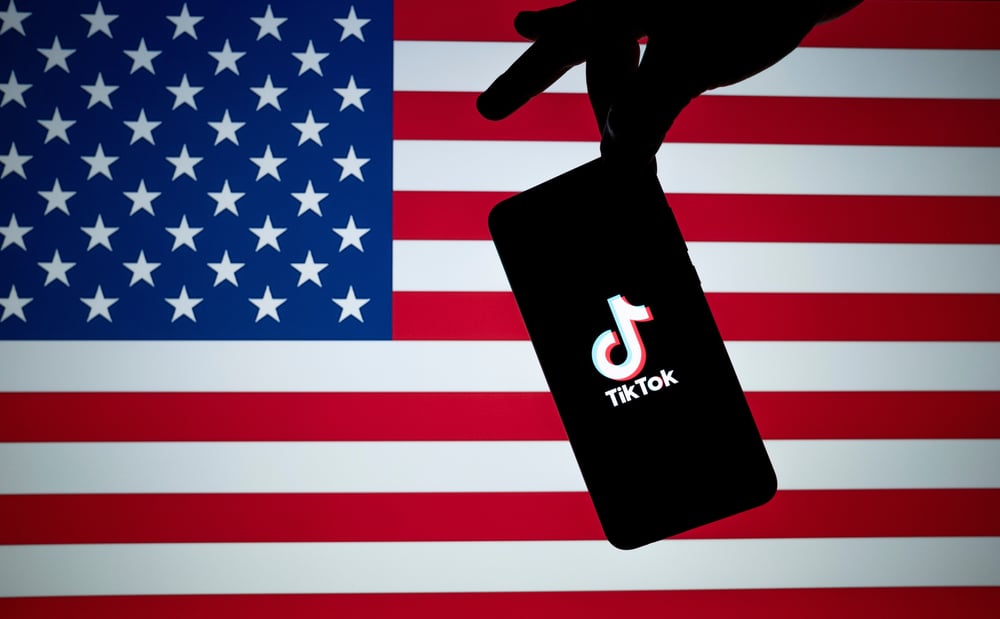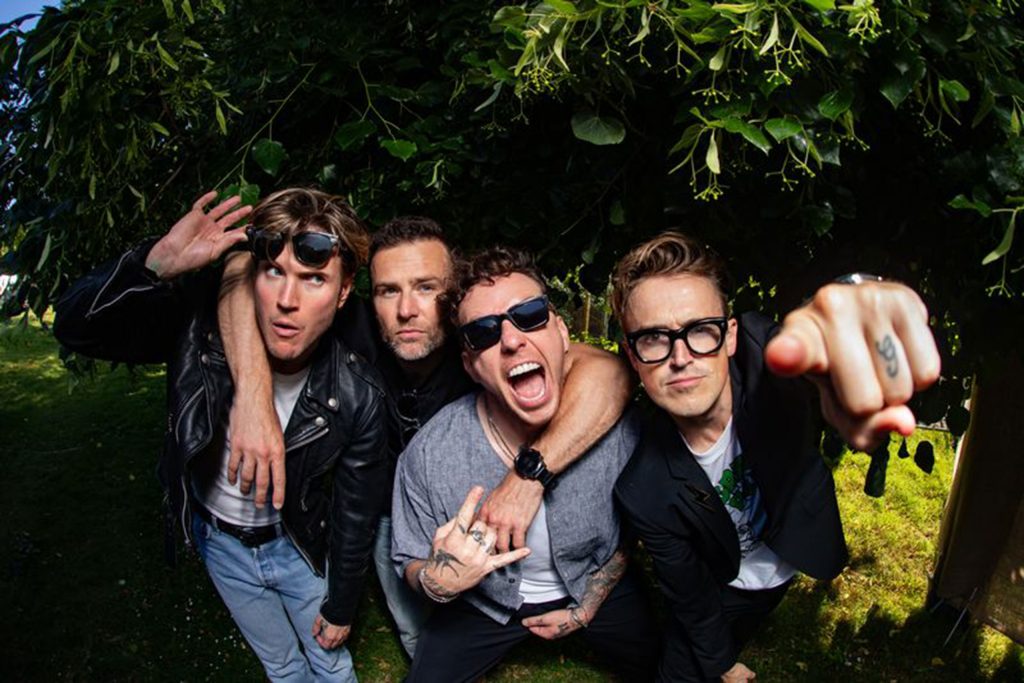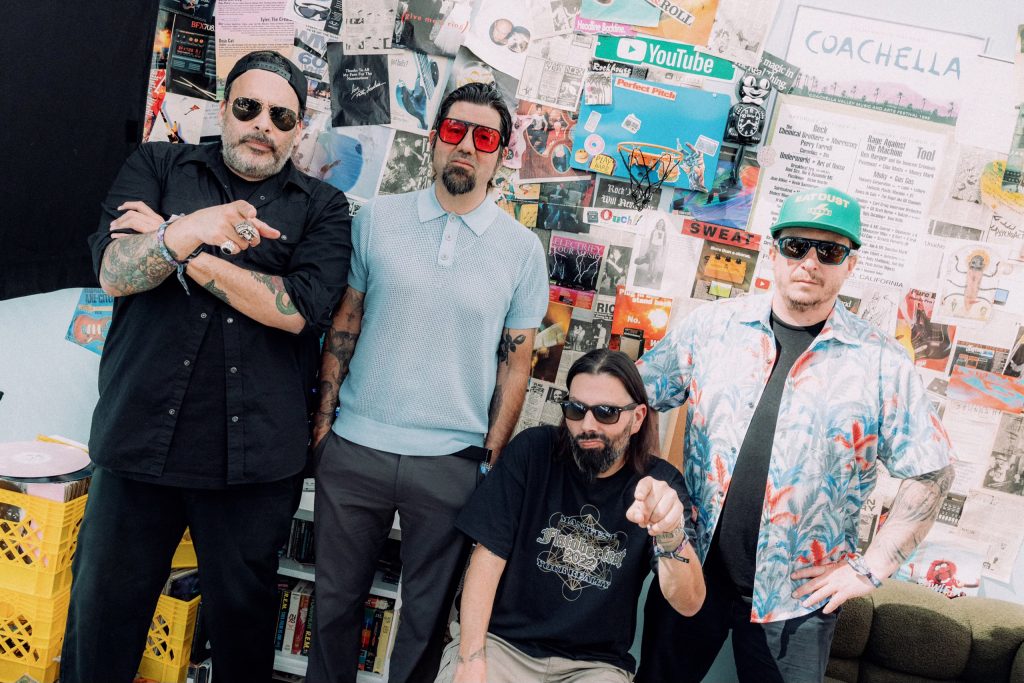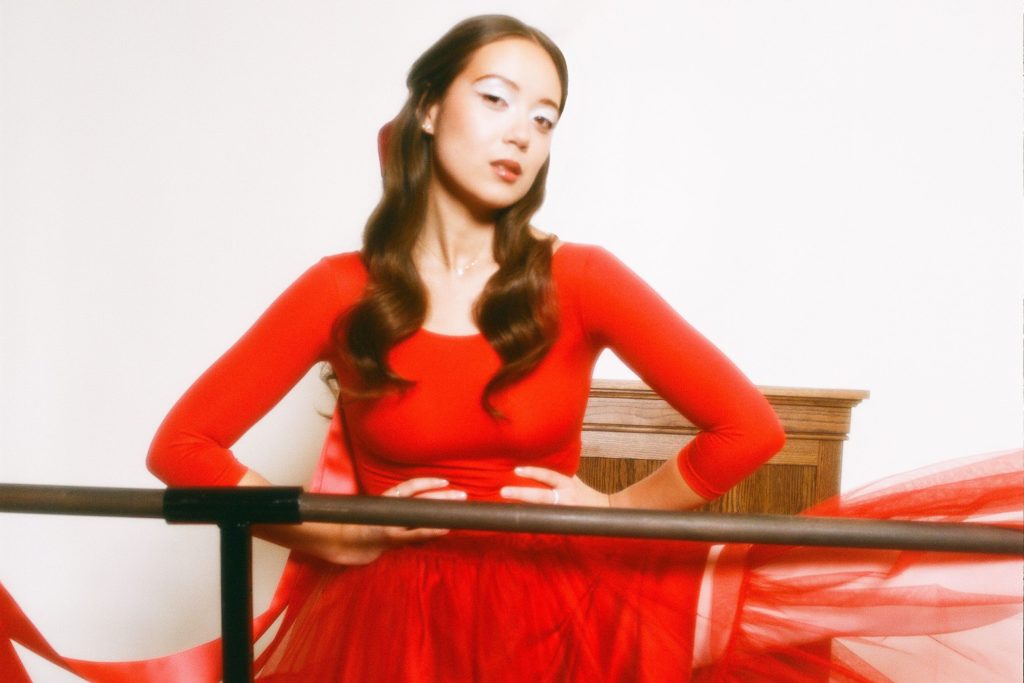Supreme Court to Hear TikTok Appeal
The Supreme Court announced on Wednesday (December 18) that it will hear TikTok’s emergency appeal challenging a federal law that could effectively ban the social media app in the US by January 19, 2025.
The court scheduled oral arguments for January 10, a little over a week before the law comes into force.
Focus of the Case
The case centers on the Protecting Americans from Apps Controlled by Foreign Adversaries Act, a bipartisan measure signed by US President Joe Biden earlier this year. This legislation requires TikTok‘s Chinese parent company ByteDance to sell the platform to an American owner or face a nationwide ban.
On Monday (December 16), TikTok’s lawyers filed an emergency motion with the court for a US Supreme Court temporary suspension of the law. TikTok’s legal team cited the First Amendment, claiming that “Congress has imposed a sweeping and unprecedented restriction on free speech” by targeting the app through this legislation.
The Supreme Court agreed to consider the case just two days after TikTok filed an appeal. The court combined the TikTok case with a related lawsuit from app users and allocated two hours for oral arguments. The central issue before the Court is whether the law infringes upon First Amendment rights.
In its ruling, the court established an expedited timeline for this high-stakes case. Both parties must submit introductory materials limited to 13,000 words by December 27, with short answers to be provided by January 3. Any additional parties looking to file friend of the court briefs must do so by December 27th.
The timing is crucial as the law is set to take effect on January 19, just a day before the presidential inauguration of Donald Trump. This situation provides the Court with a narrow window to decide whether to block the implementation of the law. Earlier this week, Trump commented on the debate regarding TikTok’s future in the US, stating during a press conference that he has a “warm place in his heart” for the app and that it influenced his share of the youth vote during the recent election.
TikTok, which already has more than 150 million American users, argues that the law banning their app in the US violates free speech rights and unjustly targets the company due to its Chinese ownership. TikTok has consistently stated that it does not share user data with the Chinese government.
In its appeal to the Supreme Court, TikTok mentioned that “the slight delay in implementing the law will create breathing space for the (Supreme Court) to conduct an orderly review and for the new administration to evaluate this issue before it is a vital channel for Americans to communicate with their fellow citizens and the world is closed.”





